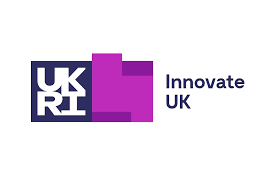Innovate UK, the nation’s innovation agency, has announced £30 million of extended funding to a pilot programme which it says is shaping the future of UK industrial strategy.
The Innovation Accelerator (IA) programme focuses on locally-led innovation that drives economic growth and technological advancement across three key UK regions: Glasgow City Region, West Midlands, and Greater Manchester.
The IA programme itself is led by Innovate UK on behalf of UK Research and Innovation (UKRI) and the Department for Science, Innovation and Technology (DSIT). It’s a three-year program, was originally launched in 2022, and was due to complete in March 2025.
The new extension funding, which has been made due to the programme’s success, builds on the £100 million already invested into the programme.
The pilot is co-designed with city regions and takes a “fresh approach” to accelerate innovation and support them to become globally competitive research and development powerhouses.
Specifically, in the Glasgow City Region, it’s developing clusters such as advanced manufacturing, space and photonics, healthcare, and precision medicine.
Dean Cook, who’s executive director for place and global at Innovate UK, said: “The Innovation Accelerator pilot stands as a testament to the power of uniting national strategies with locally empowered decision-making.
“At the heart of our approach lies the principle of co-creation, recognising the wisdom of local people with a deep understanding of local strengths and knowing best their needs.
“This local knowledge is complemented by our reach at Innovate UK as the national innovation agency, linking these regional clusters with opportunities provided by national and international networks both within Government and beyond.
“It is fantastic to secure additional funding for this programme which is making a meaningful impact on the lives of local communities whether that be improved access to healthcare, more efficient infrastructure or a cleaner and greener environment.
“I can’t wait to see what can be achieved in this next iteration of the programme.”
Source: DIGIT

